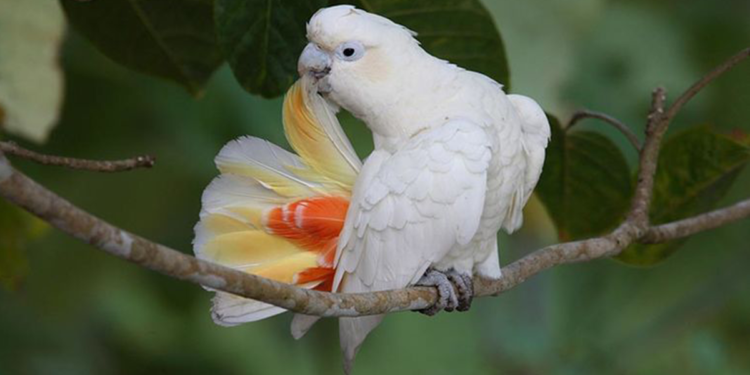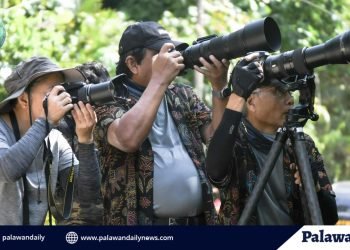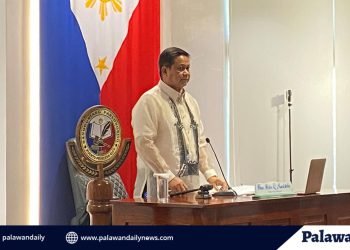Palawan remained the stronghold of the Philippine Cockatoo locally known as Katala where the bird species still fly in flocks.
But in other provinces in the country, Katala no longer thrive this time, except in Palawan, which served as their haven especially in the southern part of the province.
Juan Carlos T. Gonzales, a BS Zoology graduate of University of the Philippines (UP) Institute of Biological Science (IBS) and a 2011 Outstanding Young Scientist awardee, said that Philippine Cockatoo was found in many parts of the country in the previous years, but they have vanished in some places, except in Palawan, which remained their stronghold.
“The Philippine Cockatoo or Katala were almost lost elsewhere, but they have their stronghold in Palawan,” Dr. Gonzales said.
It is one of our critically endangered rare endemic birds in the country.
Once widespread and common throughout the country, its population was drastically reduced by illegal pet trade.
Yesterday, Katala Foundation Inc. (KFI) in partnership with other organizations, government agencies and stakeholders hosted the 2nd Katala Festival in Palawan State University (PSU).
Mary Cris Nierves of KFI and a BS Envi Science graduate of Visayas State University (formerly VisCA) said that Katala Festival 2019 aims to intensify and strengthen the conservation education campaigns through flagship conservation programs of some threatened species such as Philippine Cockatoo and other species.
Katala Festival 2019 was also supported by international organizations, academe such as PSU and WPU, and government agencies such as the Department of Environment and Natural Resources (DENR), Palawan Council for Sustainable Development (PCSD), and the city government of Puerto Princesa City.
Local foresters and environmental specialists made a call to help protect Taluto tree in Bancao-Bancao since these are considered as home of Katala. This was discussed during a recent workshop spearheaded by the city government held in Bulwagang Princesa.
























Discussion about this post